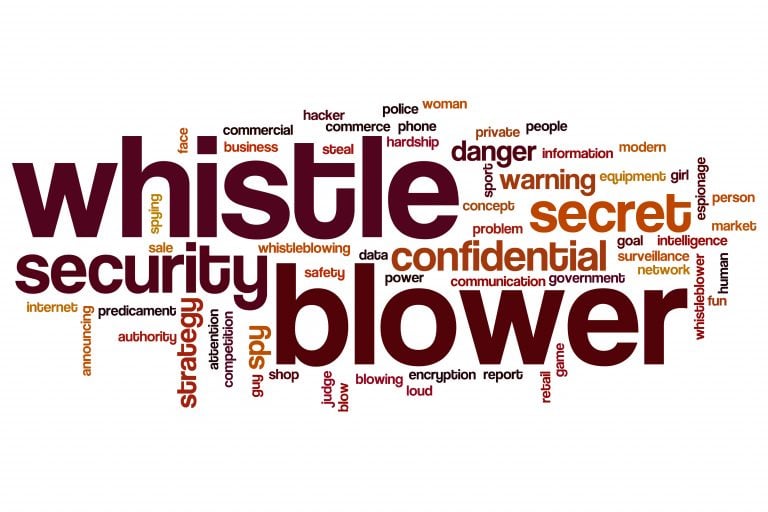In an amicus brief filed with the Ninth Circuit, the Office of Special Counsel urges reversal of a MSPB decision that imposes an onerous administrative exhaustion requirement on IRA appellants seeking relief at the Board under the Whistleblower Protection Act.
In Johnen v. Department of the Army, the Board held that to satisfy the exhaustion requirement for an individual right of action appeal, the appellant must “inform OSC of the precise ground of his protected activity,” including the exact dates of the disclosures and the names of all persons to whom the disclosures were made. OSC urges the Ninth Circuit to adopt a standard that is consistent with the plain meaning and intent of the WPA, which requires only that a whistleblower present a request for corrective action with reasonable clarity and precision, such that OSC has a sufficient basis to pursue an investigation.
OSC’s brief makes several critical points about the exhaustion requirement contemplated by Congress:
- “The sole condition placed on an individual’s right to seek corrective action from the MSPB in a whistleblower retaliation claim is that the individual “shall seek corrective action from the Special Counsel before seeking corrective action from the Board.” § 1214(a)(3).
- Nothing in the statute requires “that an individual specify for OSC the exact details of each and every disclosure claimed to result in retaliation to meet the statutory administrative exhaustion requirement.”
- “OSC’s pro se complainants generally do not have the training to present a legal case; they typically focus on telling their story, not on the statutory requirements to win their case. The MSPB’s requirement that they provide the precise details of each protected disclosure is particularly problematic because complainants frequently do not have a full understanding of the statutory definition and case law defining the scope of protected disclosures.”
- “[T]he Board’s approach to administrative exhaustion results in prejudice to whistleblowers who typically are not represented by attorneys, and who lack access to agency documents or investigative tools needed to provide precise details about their claims. It also undermines efficiency by making the administrative process more formal and opaque, and by inducing whistleblowers to refile claims that OSC has previously considered.”








